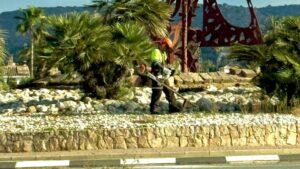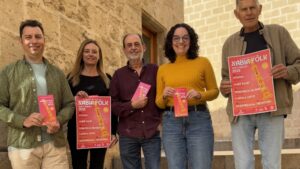A Year in Review – Part 4: Facing A New Wave
A look back at an extraordinary year that has been 2020.
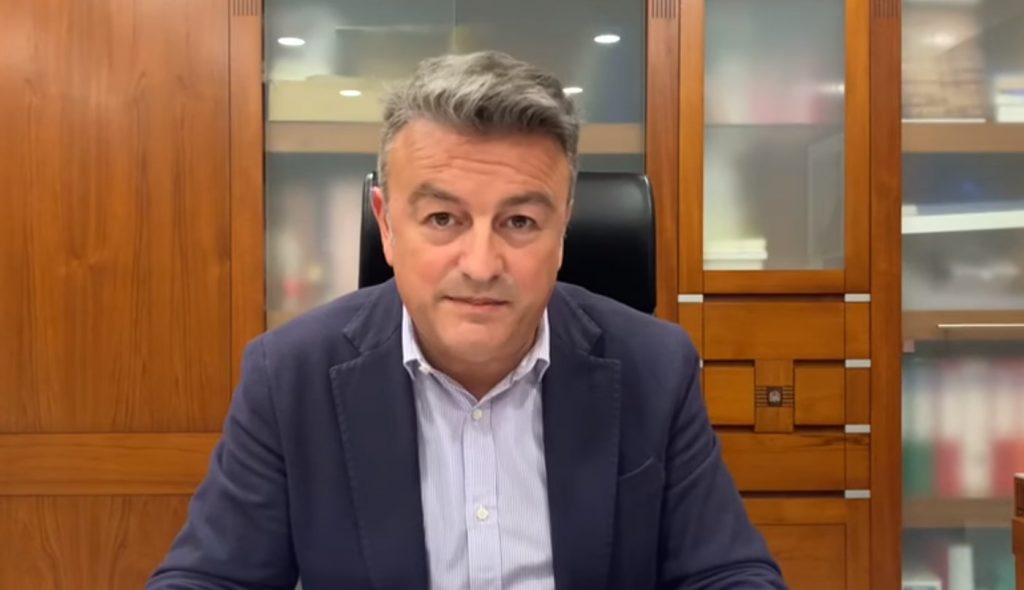
October 2020
The summer had been difficult. It was party season and, after three months spent indoors, it was understandable that many people wanted to get out and enjoy themselves again, despite the health authorities calling for responsibility and restraint; we weren’t out of the COVID woods just yet. We dropped our guard for a moment and we paid the price.
A second wave rose on the horizon and swept towards us. The Government tried to put a positive spin on the situation – the capacity to diagnose the disease had been doubled, asymptomatic cases were falling as well as those originated in social settings, whilst the infections were actually stabilising in some regions. But the reality was that there were as many cases being detected as there were during the peak of March and April.
The Government had to act and fire the opening salvo with a 15-day state of alarm in the Región de Madrid, despite fierce opposition from the regional government. Health Minister Salvador Illa pulled no punches: “We can sit here with our arms folded or we can fight against the virus. The obligation of the government is to bring down the curve, even if that means making sacrifices. It’s very important that the level of infections in Madrid does not spread to the rest of Spain.”
It was a good try. But, as Spain passed the one million mark in confirmed cases, several regions started to lock down in various stages. Navarra. Cataluña. The Basque Country. Cantabria. Asturias. Andalusia. Prime Minister Pedro Sánchez went on TV to address the nation and call for civil responsibility and discipline: “Tough months are ahead”.
By the end of the month, the nation was back in a new ‘state of alarm’ as the Government faced a counter-attack from the virus. And it brought out the big guns. A national night curfew would be imposed and the ‘state of alarm’ would stay in place until May 2021. In the Valencian region, there had been a significant rise in infections and it had moved into Tier 3 of the COVID alarm state after the number of ICU admissions passed 15% of total capacity. The region also passed the 10,000 active cases mark for the first time. The regional government acted and the region was closed off from the rest of Spain. But, to some experts, the authorities had acted too late. “We are late implementing these measures,” said Patricia Guillem, a professor in epidemiology from Valencia’s Universidad Europea. “We could talk about perimetral confinements, but right now we need to move quickly to get ahead of the virus and not to be behind it.”
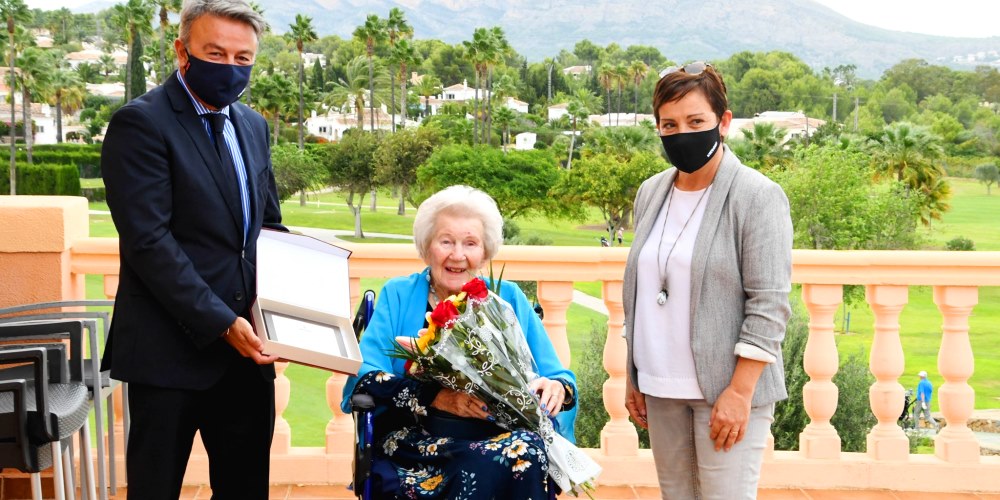
- Mayor José Chulvi, accompanied by councillor Rita Berruti (Elderly Care), expressed their congratulations to British resident Nona Mae Hale who celebrated her 100th birthday.
- Xàbia Council granted more than half a million euros in direct aid to self-employed workers in the municipality affected by the restrictions of the State of Alarm declared to deal with the COVID-19 health crisis.
- Work was completed on the pavement improvement project in Avenida Juan Carlos I, the main artery between the old town and the port.
- Tania Ferrer Ribes, representing the Children’s Council of Xàbia, received the special distinction award from the President of the Generalitat Valenciana on behalf of all the children in the Comunidad Valenciana.
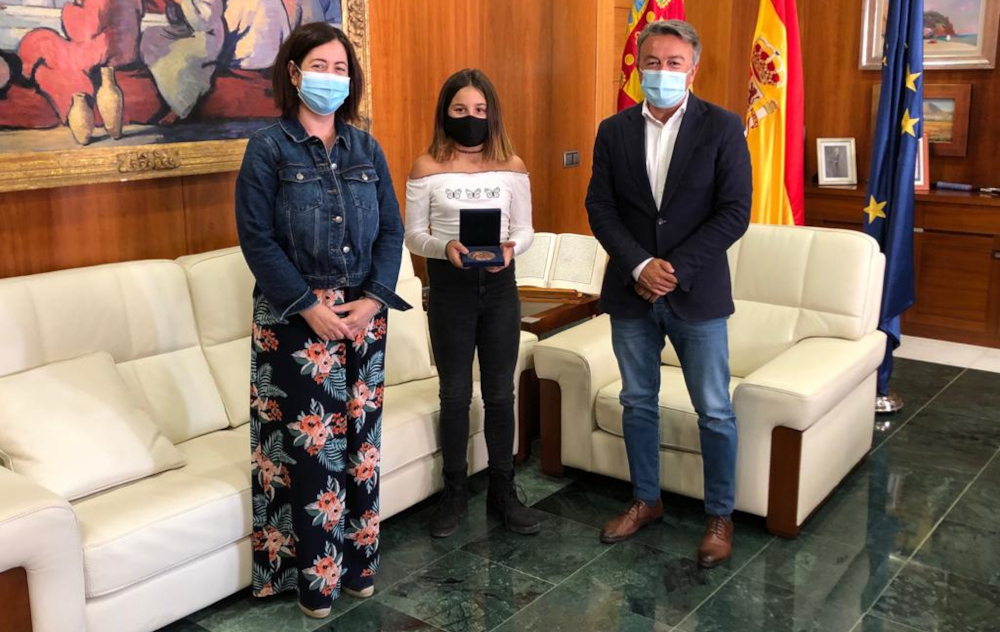
- The Generalitat Valenciana launched a travel voucher scheme to re-activate tourism in the region, offering discounts of up to 600 euros on stays within the Comunidad Valenciana.
- Xàbia Council confirmed that the municipal tax normally charged for the occupation of roads by the hospitality sector will continue to be waived during 2021.
- Christmas lighting started to appear across Xàbia as the Council adopted a policy of increasing the presence of Christmas lighting and ornaments across the public spaces in the town to lift spirits during a difficult year for everyone.

- Halloween would be a subdued affair as police officers issued several warnings to bars and restaurants which had been promoting Halloween-themed parties on social media, informing them that these types of events were not authorized in the current situation.
November 2020
Europe began to close down and the people didn’t like it. Violence broke out in Germany, Italy and France as well as some cities in Spain. As the virus resurged in the country, the Spanish Government hesitated to bring in tougher measures but in Valencia the regional government acted as the region rose rapidly from one with the lowest infection rate on the peninsula to one of the highest. President Ximo Puig warned that situation in the region was “deteriorating rapidly, with a growing trend”, locking down two towns in the south, reducing capacities in bars and restaurants, and forcing sports events to be played behind closed doors.
By the middle of the month, coronavirus deaths in Spain had risen to levels not seen since the full lockdown in spring and soon reached the grim milestone of 40,000. The Government decreed that travellers arriving from high-risk countries – including the UK – would need to provide proof of a negative PCR test taken within 72 hours of arrival.
In a survey for El Pais, 71% of respondents believed coronavirus restrictions aimed at protecting health should be prioritized over the economy, essentially supporting a second home lockdown.
And then there was a glimmer of hope as Pfizer and BioNtech announced that they had developed a vaccine against COVID-19 which had been found to be more than 90% effective in preventing the virus. Within days, Spain started to prepare to deal with challenges of coronavirus vaccination campaign, developing a plan to decide who would get the first 20 million doses of a drug that requires ultra-cold storage.
As the month drew to a close, the infection rate was gradually dropping in many regions, possibly as a result of several lockdown strategies put in place to halt the spread. Attention turned to Christmas and the Spanish Government proposed that gatherings over the festive period might be limited to six people and a curfew relaxed until 1.00am on New Year’s Eve. However, the autonomous regions were divided on restrictions and a meeting of regional health authorities ended with no consensus over the proposal to keep down figures over Christmas. Back in the summer, there was real optimism that things might be better come the end of the year. As the festive season approached, the virus watched and waited.
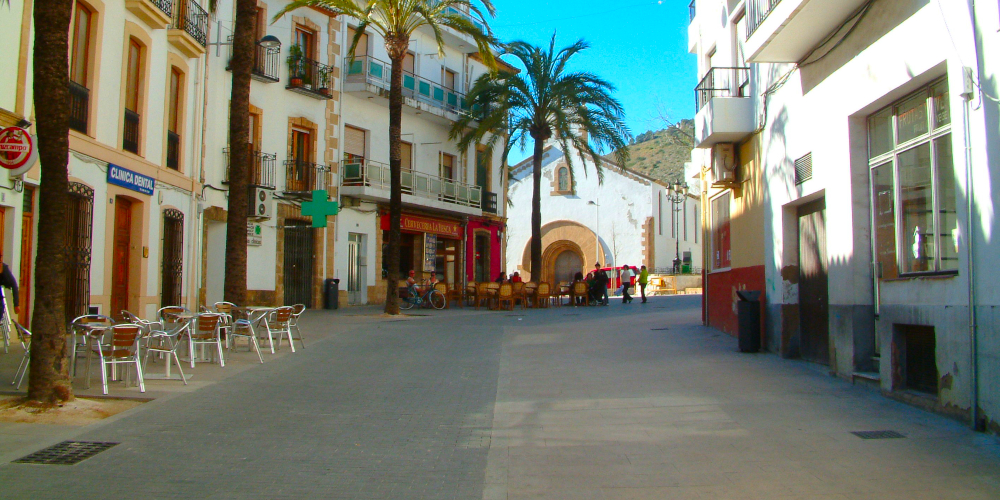
- Xàbia Council warned that bars and restaurants which failed to comply with the necessary health protocols would see their terraces closed for a month. Repeated offenders would see them closed indefinitely.
- It was announced that the Council had put aside more than 800,000 euros for aid and assistance related to the COVID-19 health crisis, the vast majority of which had been in the form of direct aid for expenditure on food, medicine, rent or basic supplies for families in precarious situations.
- The Policía Local de Xàbia contributed 6,000 euros to the ‘Pels Valents’ campaign that encouraged police officers from different parts of the country to raise funds for the fight against childhood cancer.
- Mayor José Chulvi responded to criticism on social media over perceived hypocrisy over live music events in Xàbia after several municipal events were advertised but professional musicians were still prohibited from performing in the municipality. He explained that it was not the decision of the town hall but enforced by regional decree.
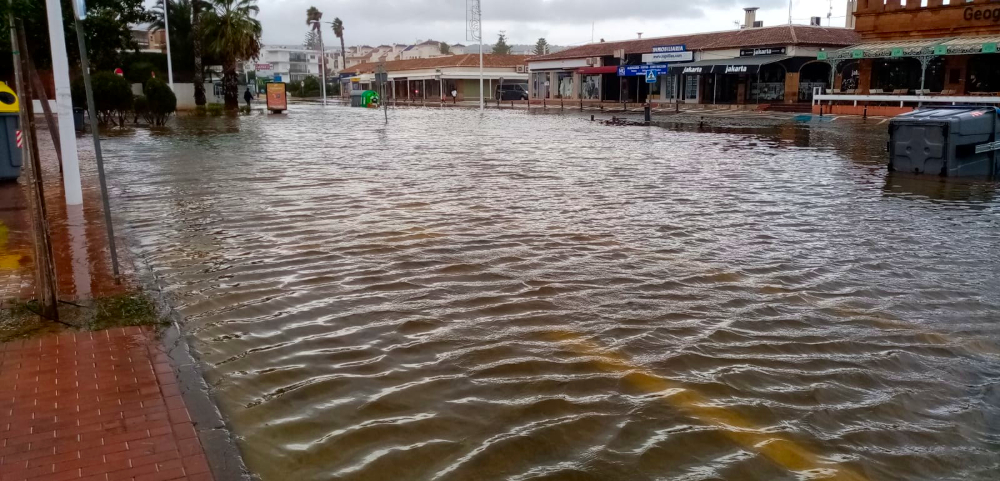
- Heavy rain hit the town, flooding areas of the Arenal and causing damage in the Portitxol and Granadella areas. The Partido Popular said that enough time has passed to seek a solution for the regular flooding the Arenal zone which occurs every time it rains. “The advances in engineering are going in leaps and bounds, but here we remain the same.”
- Xàbia Council offered 13 contracts through the ECOVID 2020 employment promotion programme aimed at people at least 30 years of age who had found themselves out of a job as a result of the situation arising from the COVID-19 health crisis.
- Xàbia Council approved the taxpayer’s calendar for the 2021 financial year, a schedule that sets the periods of voluntary payment of municipal taxes, extending them by a further month.
- In compliance with the additional measures announced by the Generalitat Valencia, the Thursday weekly market was forced to reduce the number of authorized stalls to 50% of normal capacity.
- Xàbia Council announced plans to invest around a million euros to improve children’s playgrounds in the town.
- The Local Police in Xàbia handed out more 30 fines for non-compliance with the extraordinary measures imposed to halt the spread of the COVID-19 infection.
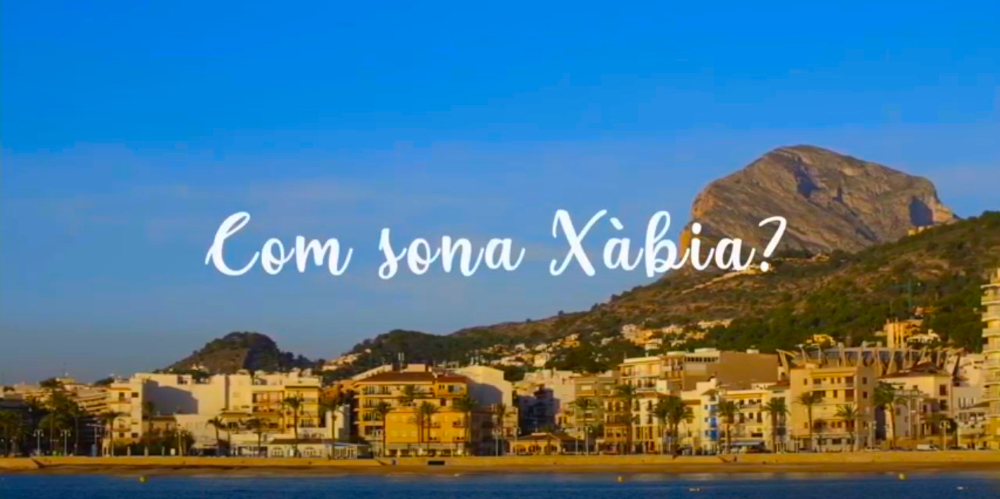
- Xàbia Council launched a new campaign to support local businesses in the town, highlighting the importance of the commercial network and small businesses in the life of the community and how their presence is essential to keep alive the bustle of their streets.
December 2020
As the dark days of winter approached, there appeared to be some light at the end of the tunnel as infections rates continued to fall in many areas of Spain and the country dropped out of the ‘extreme risk’ level, recording its lowest number of weekend coronavirus cases since August. But the authorities were all too aware that the guard could not be dropped for one moment.
However, the virus was not playing the game in Valencia and it was announced that the land borders would be kept closed until January 15th. The region was bucking the downward trend and places which had been relatively untouched during the first wave of infections were now seeing significant increases in positive cases, including Xàbia.
By the middle of the month, the infection was spreading again across the country and the Spanish Prime Minister warned that he would not hesitate to impose more restrictive measures over the Christmas period if the trend continued to rise. And then he went into self-isolation after a meeting with French President Emmanuel Macron who tested positive for COVID-19.
Valencia reacted quickly in the face of a sharp rise in infections and announced that the night time curfew would be brought forward to 11.00pm, social gatherings would be limited to six, even over Christmas, and the region’s land borders would be firmly closed. Madrid and Cataluña followed suit. In Xàbia, cultural and leisure activities were suspended whilst all municipal sports facilities were closed and mayor José Chulvi released an urgent appeal for citizens in Xàbia to take more responsibility after the municipality received a warning from the Department of Public Health over the upward trend in new infections in the town.
As Christmas approached, the health authorities admitted that the pandemic was worsening again, blaming the rise on the relaxation of restrictions between late November and early December. And then, as the UK cancels Christmas after the emergence of a new and more contagious strain of the virus, Spain suspends flights from the country apart from those carrying Spaniards and Spanish residents. It seems that they weren’t quick enough and after Christmas it is reported that Andalusia had detected five cases of the new strain whilst Madrid refused to rule out that it had also found the strain in passengers returning from the UK.
But the year had to end on a bright note and on Sunday 27th December, 96-year-old Areceli Hidalgo became the first person in Spain to receive the COVID-19 vaccine. “Let’s see if we can get rid of this virus,” she said proudly, as Spain began its vaccination programme under the shadow of a possible third wave and having passed 50,000 deaths since the pandemic began. But, as the New Year approached, the virus had other ideas and on Wednesday 30th December, the country climbed back into the ‘extreme risk’ level once again.
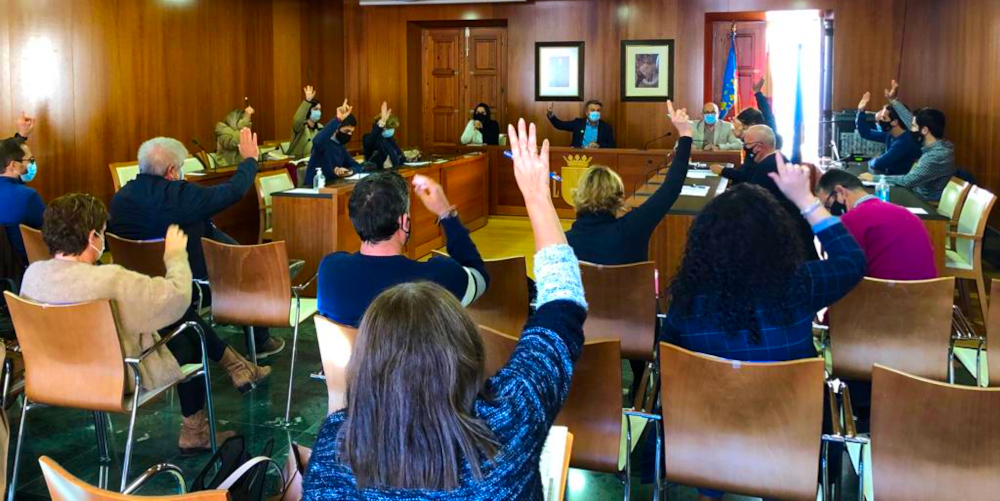
- A modification of credits valued some 3.5 million euros was approved during an extraordinary meeting of the council, one million euros of which will fund a new employment plan which will allow the administration to offer 42 positions to residents who find themselves in a precarious economic position.
- Bars and restaurants in Xàbia would benefit from an extension to the end of May 2021 to the special permission granted by the Council back in May which allowed them to expand their terraces onto the public highway without charge.
- The extended municipal swimming pool saga moved to a new chapter after the Generalitat Valenciana confirmed a 3 million euro funding package to finance more than half of the estimated cost of building this long-awaited infrastructure in Xàbia.
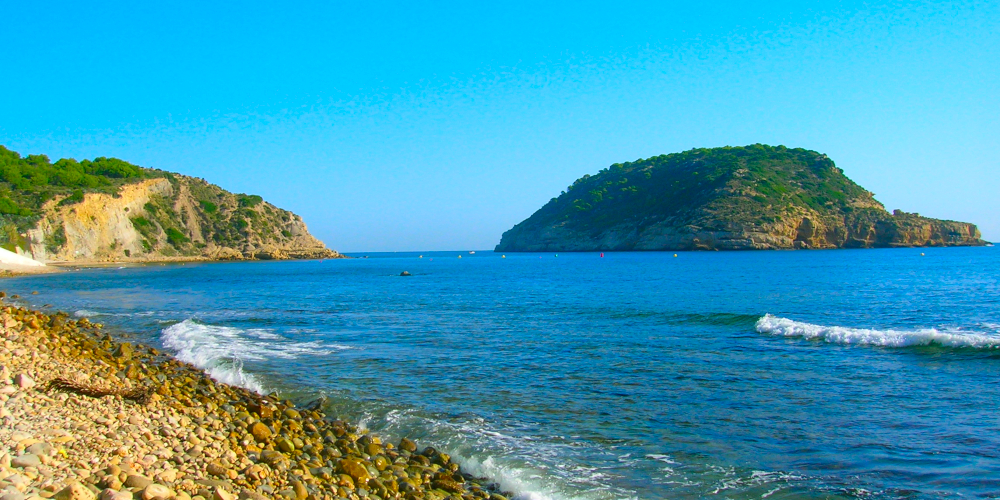
- Xàbia Council joined forces with Alicante University to announce an exciting project to carry out an archaeological study of the unique underwater heritage of the island of Portitxol and the bay that surrounds it, considered to be a historic port of the area.
- The local branch of the Protección Civil presented its annual report for 2020, a difficult year in which they have contributed more than 5,000 hours of voluntary service to assist to community of Xàbia.
- The municipal parking zone located just outside the main port area has re-opened after a face-lift which has seen the mud and gravel replaced by tarmac and spaces marked out with safety measures added for pedestrians.
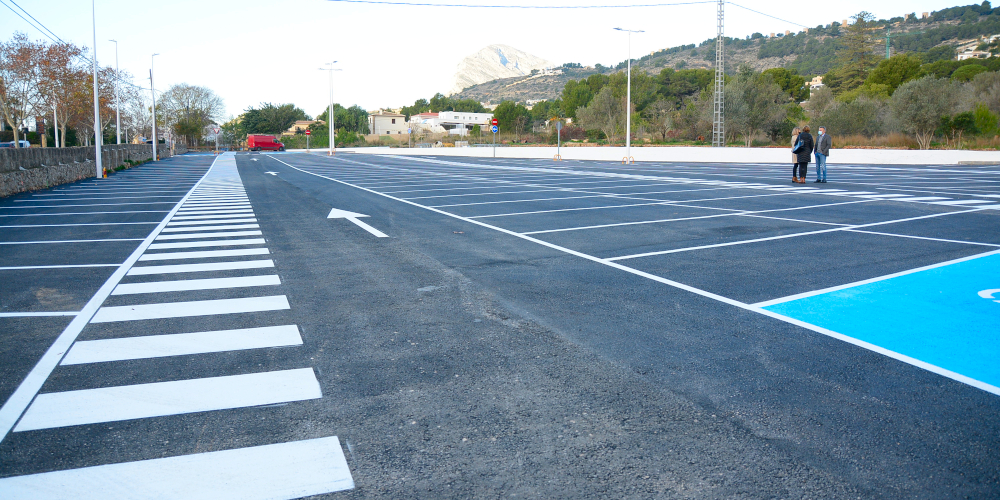
- The town hall in Xàbia launched a Christmas campaign “Saber estar unidos” – “Knowing how to be united” – in which it encouraged the people of the town to celebrate a very different Christmas this year.
- Lady Luck made 2020 a somewhat better year for those who brought the winning number from the lottery outlet in Calle Santísimo Cristo del Mar in the port zone of Xàbia. The number 72.897 was drawn in Madrid, with each series winning 4 million euros; each ‘décimo’ claiming 400,000 euros.
- It was confirmed that the annual New Year’s Day Charity Swim has been cancelled due to the ongoing problems caused by the spread of the COVID-19 infection in the town.
- A new pedestrian ramp in Calle Santisimo Cristo del Mar in the port opened to the public, providing access to houses and restaurants in the elevated section of the street for people with reduced mobility.
- A dish developed by Bar Montgó in Xàbia has been named the ‘Valencian Dish of the Day’ in a competition organised by Cuina Valenciana and supported by the Generalitat Valenciana.
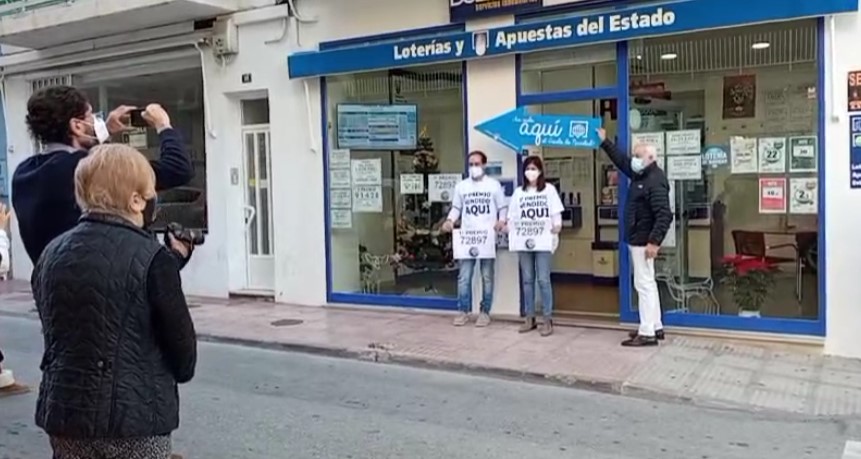
- The council has approved unanimously a new package of economic aid worth 1,000 euros to those who became self-employed or started a new business during 2020, a year which created extraordinary difficulties for business due to the COVID-19 pandemic.
- On December 30th, Ángeles Bas Cardona, 90 years young, became the first person in Xàbia to receive the vaccination against COVID-19 that will hopefully mark the beginning of the end of the health crisis that has absorbed us all over the past nine months.
The year ends with record numbers of cases in Xàbia. Take care and be responsible. If we can work together, make a few sacrifices, and get the job done, then we can recover our lives as much as normal in 2021.

